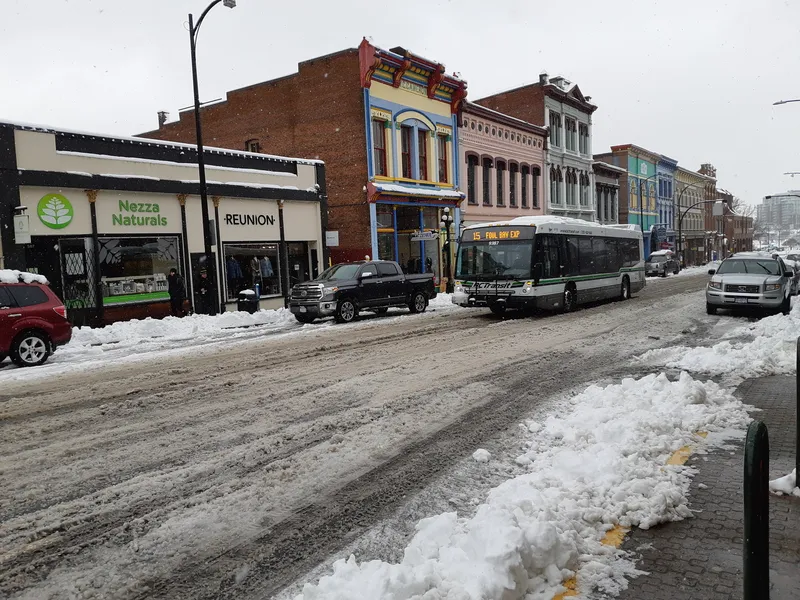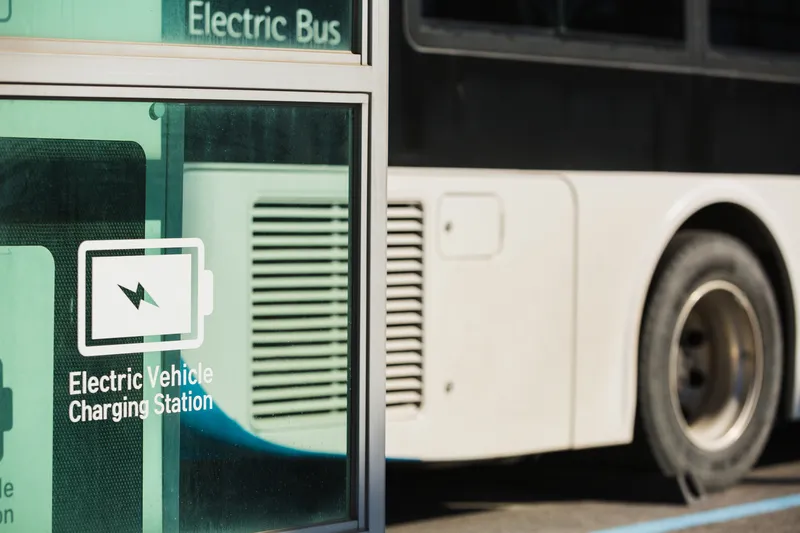
Cubic's Umo platform is to offer a single electronic fare collection solution for more than 900 buses across over 30 transit systems in British Columbia, Canada.
Umo is a suite of platforms for riders, transit agencies and mobility service providers to complement transportation technology.
Cubic Transportation Systems (CTS) is carrying out the contract on behalf of BC Transit, an organisation responsible for coordinating public transit services in all areas outside of Metro Vancouver.
Cubic says Umo will allow riders to use contactless pre-paid fare products and contactless open payment technologies such as Apple Pay, Google Pay, and contactless credit and debit cards.
Erinn Pinkerton, president and chief executive officer at BC Transit, says: “The innovative payment methods that the system will enable, are items that British Columbians carry on them every day. Whether someone is a daily rider, occasional rider, or haven’t taken their first trip yet, Umo will make their trip easier.”
BC Transit will also offer pre-paid stored value and pass products so that riders can purchase with a mobile device, new web portal, or retailer and board simply by scanning their mobile device or tapping their card.
The migration to contactless payments is expected to improve safety by reducing reliance on cash, automating means of fare purchase, improving onboard cleanliness by reducing farebox touchpoints, and decreasing driver interaction following recovery from the Covid-19 pandemic.
In turn, Cubic insists this migration will increase ridership for British Columbia’s interregional transit by utilising Umo’s tools to administer promotions and programmes.
The new system will be implemented in transit systems and interregional routes in two phases, initially enabling mobile app and reloadable smart card payment methods throughout the province before payment by credit card, debit card, and mobile wallets will be enabled. The Victoria Regional Transit System has been selected for the system’s pilot project by autumn 2022.
Other transit systems and interregional routes scheduled for system implementation include Agassiz-Harrison, Campbell River, Central Fraser Valley, Chilliwack, Comox Valley Regional and Cowichan Valley Regional.








